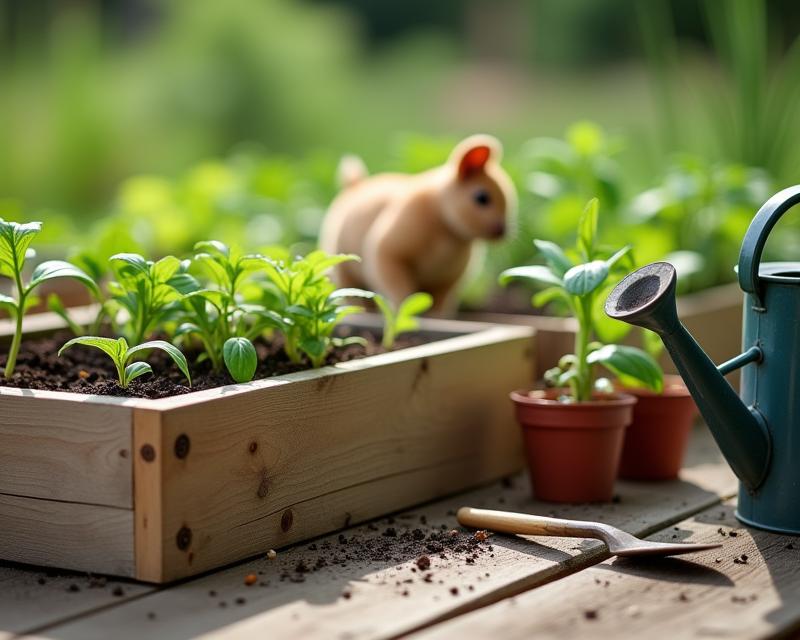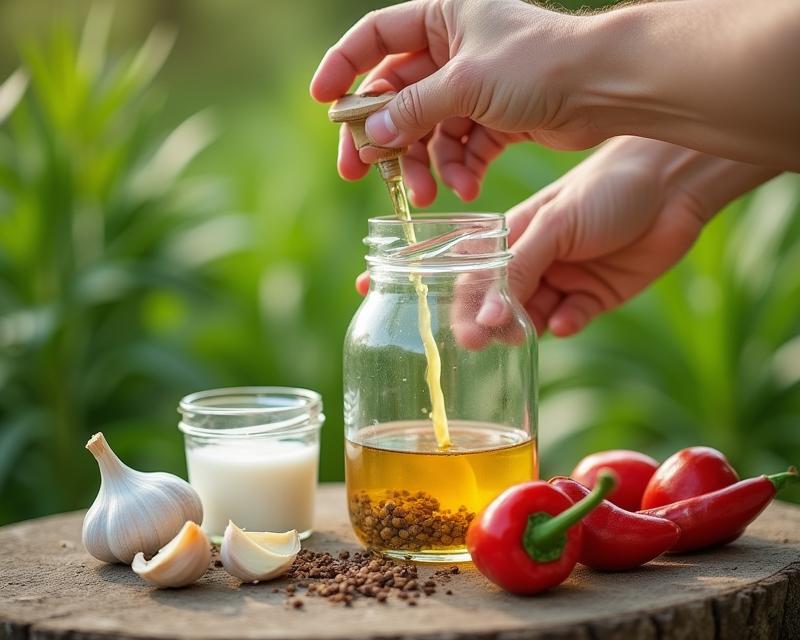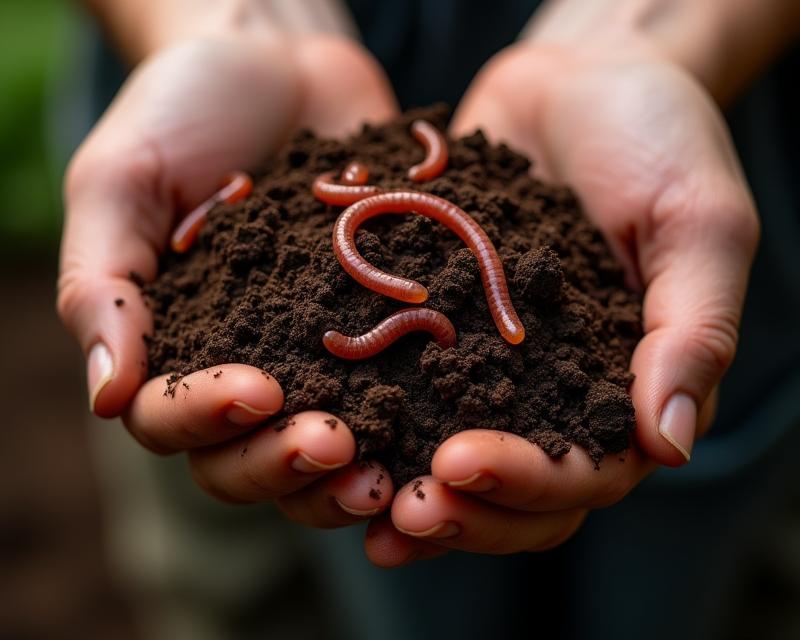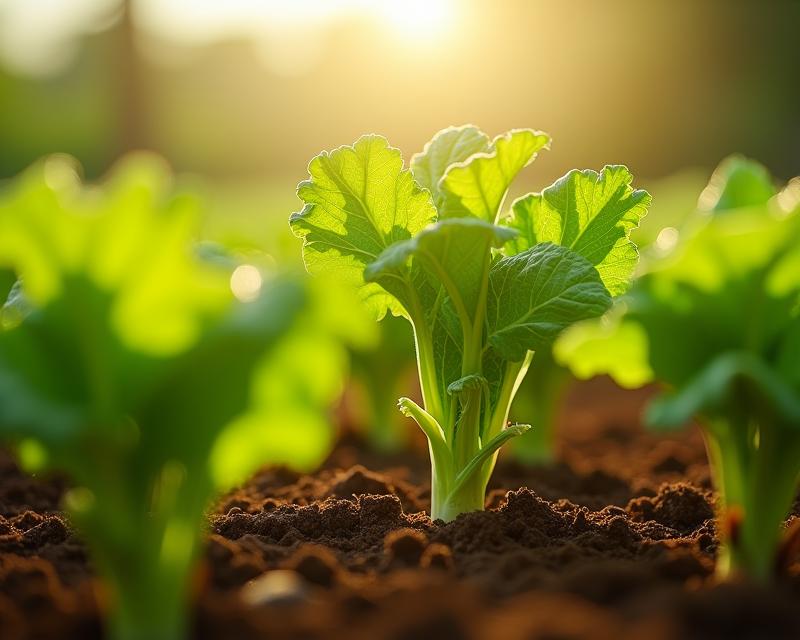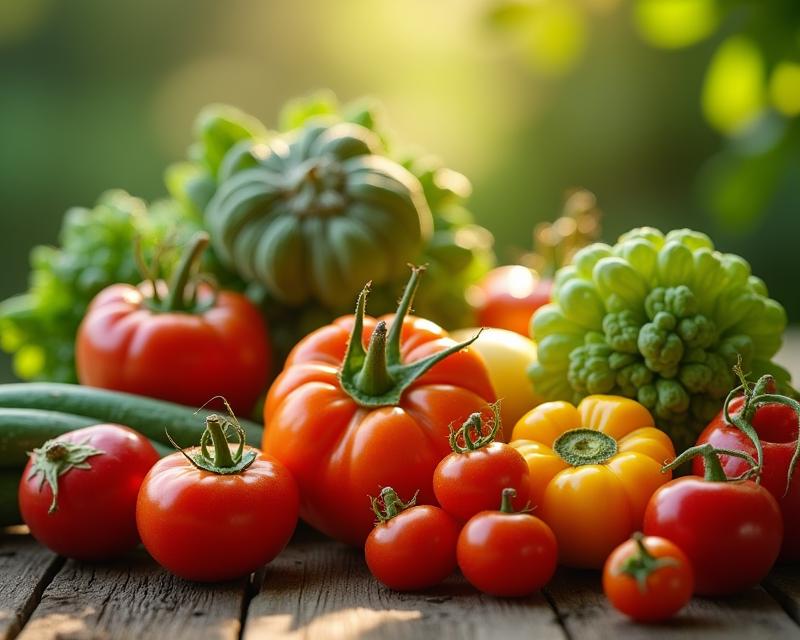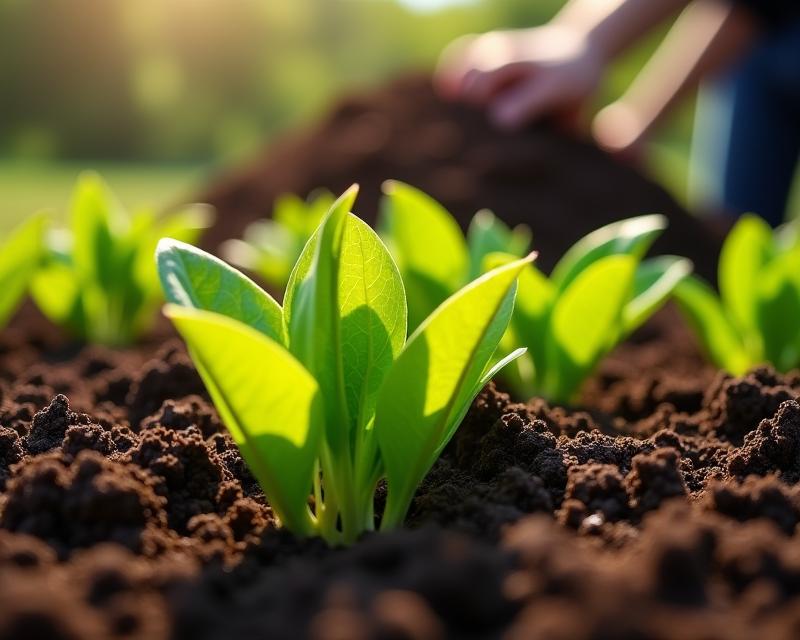Organic Fertilizers for Nut Trees
Publish in Organic Gardening & Farming el 22/07/2025 16:44
Organic Fertilizers for Nut Trees: Feeding Your Orchard Naturally
Nut trees are a valuable asset to any farm or orchard, providing delicious and nutritious harvests for years to come. But to achieve optimal yields and healthy growth, proper nutrition is essential. While synthetic fertilizers have been a common choice, more and more growers are turning to organic fertilization methods. This approach not only benefits the trees but also promotes a healthier ecosystem overall. Let's explore some fantastic organic options for feeding your nut trees sustainably.
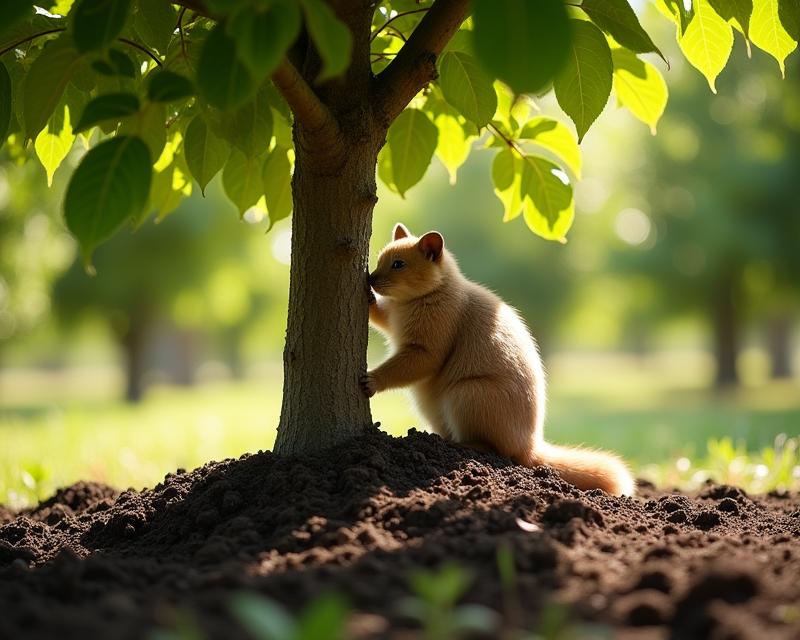
The Power of Compost
Compost is truly the black gold of organic gardening and farming! It's decomposed organic matter – think food scraps, yard waste, and manure – that’s packed with essential nutrients. Adding a generous layer of compost around the base of your nut trees is a fantastic way to improve soil structure, water retention, and provide a slow-release source of nutrients. It’s like a gentle, steady feeding system for your trees. Aim for a 2-4 inch layer, applied in early spring and again in late spring. The best compost is dark, crumbly, and smells earthy – not foul!
Manure: A Nutrient-Rich Boost
Manure is another excellent organic fertilizer, but it's important to use it properly. Aged or composted manure is ideal, as fresh manure can burn roots. Cow, horse, chicken, and sheep manure are all good choices. Manure is rich in nitrogen, phosphorus, and potassium – the macronutrients your nut trees need to thrive. Again, apply a layer around the base of the tree, avoiding direct contact with the trunk. Be mindful of the manure's nutrient content; a soil test can help you determine the right amount to apply. Remember, proper composting is key to minimizing odor and ensuring the manure is safe for your trees.
Amendments for Specific Needs
While compost and manure are excellent all-around fertilizers, you might need to supplement with specific amendments depending on your soil test results. For example, if your soil is deficient in phosphorus, you could use bone meal, which is a natural source of phosphorus. If potassium is lacking, wood ash (use sparingly and test your soil pH first!) can be beneficial. Rock phosphate and kelp meal are other great options for addressing specific nutrient deficiencies. Don't forget about cover crops! Planting cover crops like clover or rye can improve soil health and add nitrogen to the soil naturally.
Sustainable Practices for a Healthy Orchard
Organic fertilization isn't just about adding nutrients; it's about building a healthy soil ecosystem. By using organic fertilizers, you're feeding the beneficial microbes in the soil, which in turn improve nutrient availability and plant health. This leads to stronger, more resilient trees that are better able to withstand pests and diseases. Consider incorporating mulching with wood chips or straw to further improve soil health and conserve moisture. With a little planning and effort, you can create a thriving, productive nut orchard using the power of nature!
